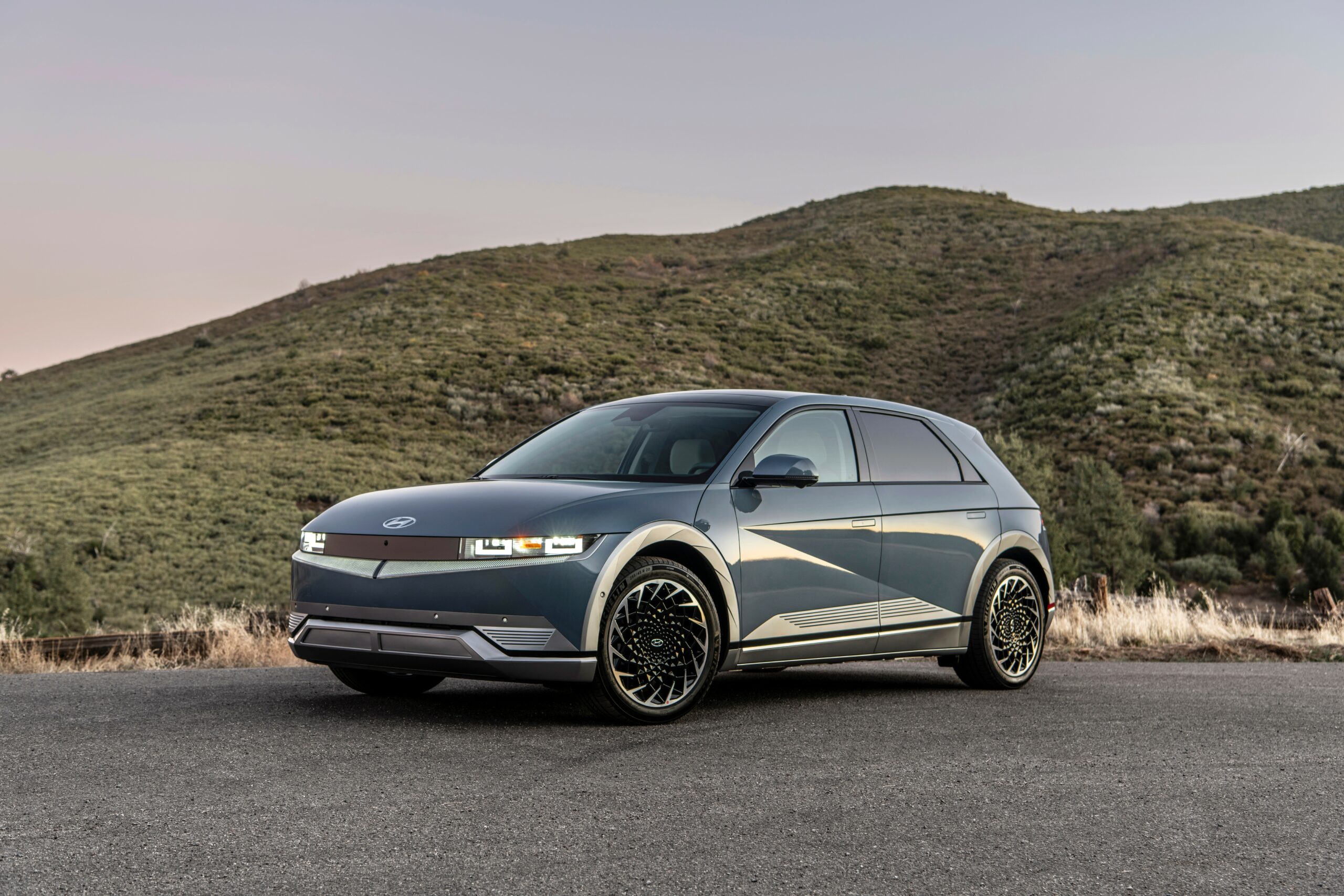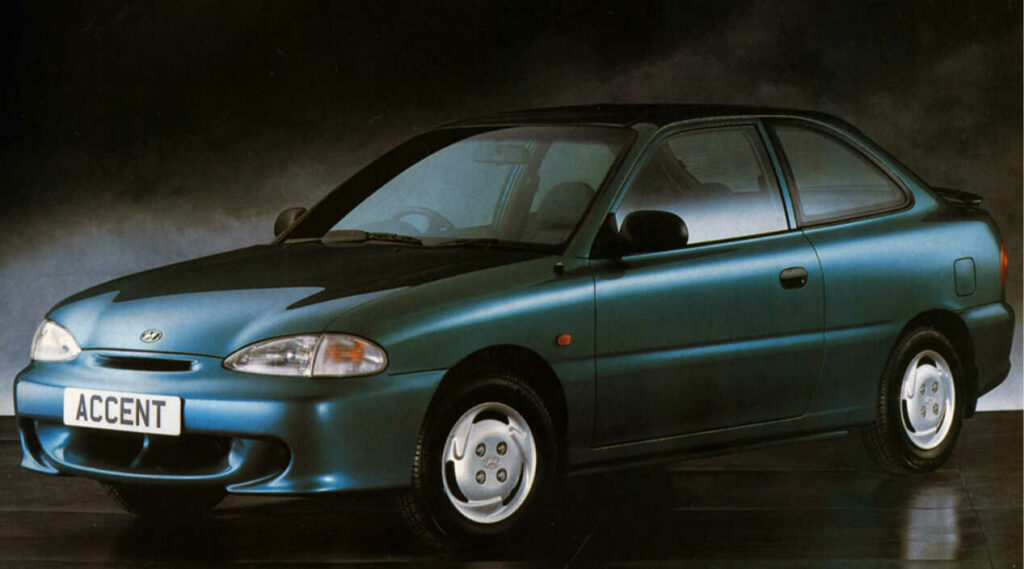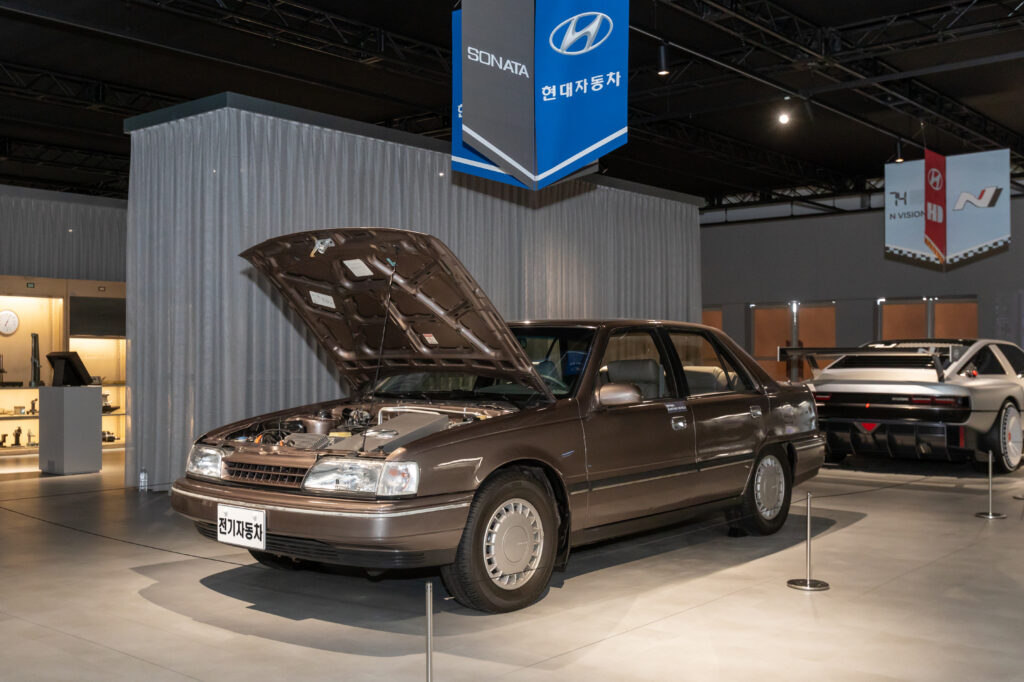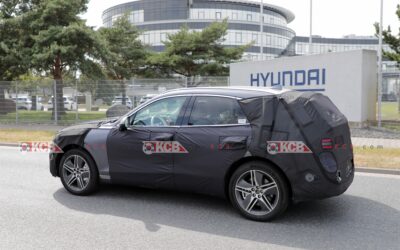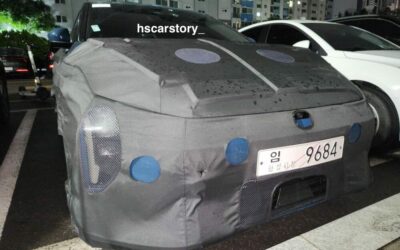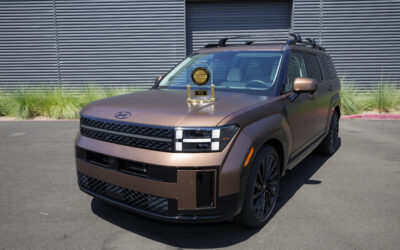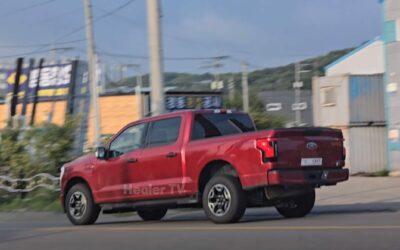In the rapidly evolving landscape of the global automotive industry, Hyundai Motor Group has emerged as a luminary, breaking away from its traditional role as a fast follower to become a trailblazing innovator. This transformation, marked by a bold pivot towards electric vehicles (EVs), autonomous driving technologies, and a wider range of mobility solutions, has positioned the South Korean giant at the forefront of an industry facing unprecedented disruption.
At the core of Hyundai’s success is a strategic metamorphosis, spurred by Executive Chairman Chung Euisun’s visionary leadership. The Group’s commitment to leading innovation, exemplified by its ventures into robotics, urban air mobility, and autonomous driving, has not only redefined its brand identity but has also challenged the conventional paradigms of automotive manufacturing and design.
In this article, we delve into the insights of auto mobility strategist James Carter and my own perspectives, shared with the Korean Car Blog and other media outlets, to explore how Hyundai’s audacious strategy and forward-thinking approach have enabled it to outpace its competitors and what challenges and opportunities lie ahead in its quest to redefine the future of mobility.
First, James Carter’s analysis of the Wolfstreet data points out that most car OEMs are suffering from, “A combination of relatively expensive, outdated products that has caused sales to fall.” Equally, Carter noted, “It’s extremely clear that many major OEMs are really struggling to understand the market, buyers, and the right product requirements today. They’re still making expensive, unsophisticated, and boring product that fewer people want.”
He does feel Tesla’s successes have set it apart, he also notes, “However, for 1 incumbent who focused on making great, affordable vehicles, and great EVs, things are different.” And that is Hyundai and Kia. The reason I believe Hyundai and Kia have performed well, I shared in October in an interview by Korea Times, is the Hyundai Motor Group’s bold shift in strategy.
1994 Accent (First In-House Development)
Hyundai Motor Group has moved from being a fast follower to a game changer by leading innovation through a fast transition to electric vehicles (EVs) in the era of autonomous driving and electrification. In addition, the company is transforming its role in mobility, which is expanding to include robots, air taxis, purpose-built vehicles, and hydrogen cars.
For decades, Hyundai Motor Group was seen as a fast follower. That has transitioned as Hyundai among automakers is now seen as a game changer, innovator, and forward-leaning company. In basic terms, a fast follower closely watches and tracks a brand leader, and then quickly emulates. This eliminates many risks. It is a very common business model. But, in highly competitive industries like automotive, the brand leader holds an advantage and will be seen by customers as offering something new and exciting.
I credit the Group’s leader Executive Chairman Chung Euisun, with bringing the carmaker to a market-leading position by implementing changes faster than its competitors at a time when the industry is being disrupted. This was echoed in the Chairman’s recent New Year’s Address to the organization.
Notwithstanding, Hyundai Motor Group’s new ventures in robotics, urban air mobility, and robot taxis’ autonomous driving technology, I feel Hyundai, Kia, and Genesis in their e-vehicle roll-out have set themselves apart from the competition—especially in exciting new designs. This makes the automotive group the most innovative compared to its rivals.
I do raise some key questions the automaker must address amid the unpredictable conditions faced by the industry: How fast will consumer demand for EVs, hydrogen fuel cell vehicles, and autonomous vehicles hit critical mass?
1991 Sonata EV (First Ever Hyundai EV)
Also, how fast can Hyundai transition in Korea, and other key markets around the world to this next generation of vehicles as consumers broadly adopt EVs and increasing levels of autonomous mobility become more practical?
On the question of what strategy Hyundai Motor Group needs to take to compete with equally successful U.S. EV giant Tesla, I feel Tesla, as the first mover, has a strong advantage over the entire market. Hyundai Motor Group has made inroads, as I mentioned, by offering sharp-style designs and models in its extended lineup of EVs.
Finally focusing on the “People side”, Hyundai’s move from a centralized Korean HQ command and control model, which was the Korean business norm, the company now has adopted a more global approach.
This includes recruiting highly talented Western leadership in key positions of design and operations, including respectively Luc Donckerwolke and José Muñoz. Both of them I see as Game Changers in their own right.
About Don Southerton
Don heads up the U.S.-based consulting firm Bridging Culture Worldwide and is the author of “Hyundai Way: Hyundai Speed,” a book dealing with the Korean automotive group’s business strategy. On related issues, Southerton has been a contributor to The Economist, Automotive News, the BBC, CNN Fortune, Korea Times, Yonhap, tbs eFM, Wall Street Journal, and Forbes, as well as The Korean Car Blog.

